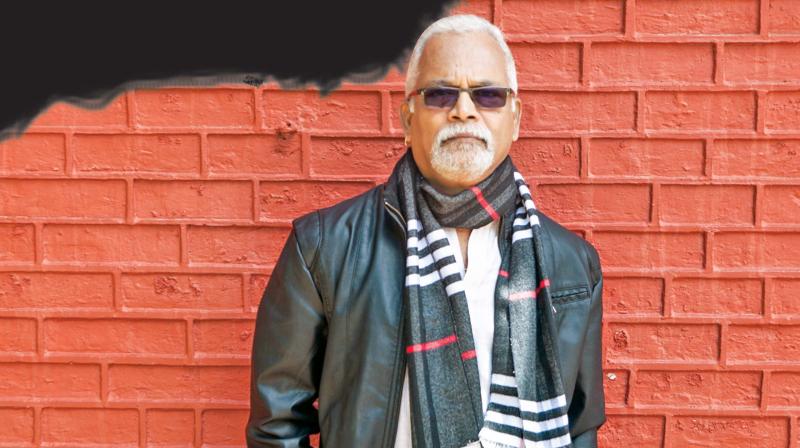A paradigm shift in Tamil literature?
A new trend in Tamil literature has turned many online micro-bloggers and social media celebrities into published authors.

Araathu, Karundhel Rajesh, and Prabhu Kalidas are a few of those who are part of a new breed of writers who have emerged in the Tamil literature scenario lately. The thing that separates them from other young writers is that the aforementioned hail from new media platforms. Before publishing a book, these new writers are pretty popular on social media for their posts. In some cases, the books they publish are basically a compilation of the posts they make over the years. DC speaks to both young and veteran writers about the new trend in the
literature scene.
Araathu’s first book Tharkolai Kurung Kathaigal, a flash fiction, is considered to be one of the forerunners of the new trend. His other book Arajagam 1000 can be catalogued as Twitterature, as it is a collection of his popular tweets. He says, “If I just approach a publisher with the proposal to compile my posts as the book, I will be shooed away. Firstly, they don’t understand the potential of the content, and they are apprehensive about publishing an unconventional book of this sort. But the same content, when it garners more recognition in terms of comments and likes on Facebook, becomes valuable. And now, magazines and publishers approach us. The tables have turned.”
Unanimously, such writers agree with Araathu, that without their online popularity and readership they would have never become conventional writers with published books.
Prabhu Kalidas, the author of Kuraintha Oligal, opines, “I had never dreamt of becoming a writer. I am a photographer by profession but I kept making satirical posts on Facebook. At some point, I had many followers. That led to my first book. But just because I’ve published a book, I cannot call myself a writer. There are many veterans here.”
However, the bigger debate here is on why these writers move back to print media, when they have established themselves online. Charu Nivedita, one of the prominent writers, reasons, “Though they have thousands of followers online, printed books always have a sort of glamour which makes them shift to the conventional medium. Call it superstitious belief, these online writers feel publishing a book makes them proper writers! Maybe after 100 years, when there is a paperless society, a complete shift might happen.”
He adds, “I published my book, Morgue Keeper, a short story collection, online. I now regret the decision because it has not been recognised by anyone. If it had come as a hard copy it would have been read. So, even in the technology-driven world, online books are not taken into account like the printed ones. That’s the reason writers still go after print.”
Karundhel Rajesh, who is known for his film reviews and his recent book Thiraikathai Eludhalaam Vaanga, has a different perspective — “Publishers are skeptical about publishing a book online, fearing piracy. Also, they believe that the online books won’t make profits. If I have a publishing house and rights, I will surely release the books only online and not in print. It is convenient to read the books on iPad and Kindle. But only now the shift is taking place in Tamil scenario — publishing houses have started to explore the online market as well.”
For Araathu, tangible books are also sort of records— “I can’t now go searching for a post I did two years ago. So, it serves as a record. Also, my readers can now re-read a tweet or post they liked long ago. I will not deny that publishing a physical book makes me happy.”
But do these writers attract new readers or are the buyers of their books only their online followers? Charu asserts, “Unfortunately, the readership becomes stagnant. Conventional readers clearly don’t read these books, and this new trend is only running parallel and separately. The fault also lies with the writers because they produce only flash fiction and lack in-depth reading and effort.”
Writer Jeyamohan agrees— “The writers who come from the social platforms have not been very successful when it comes to books. Their books only reaches the small circle of their followers.”

